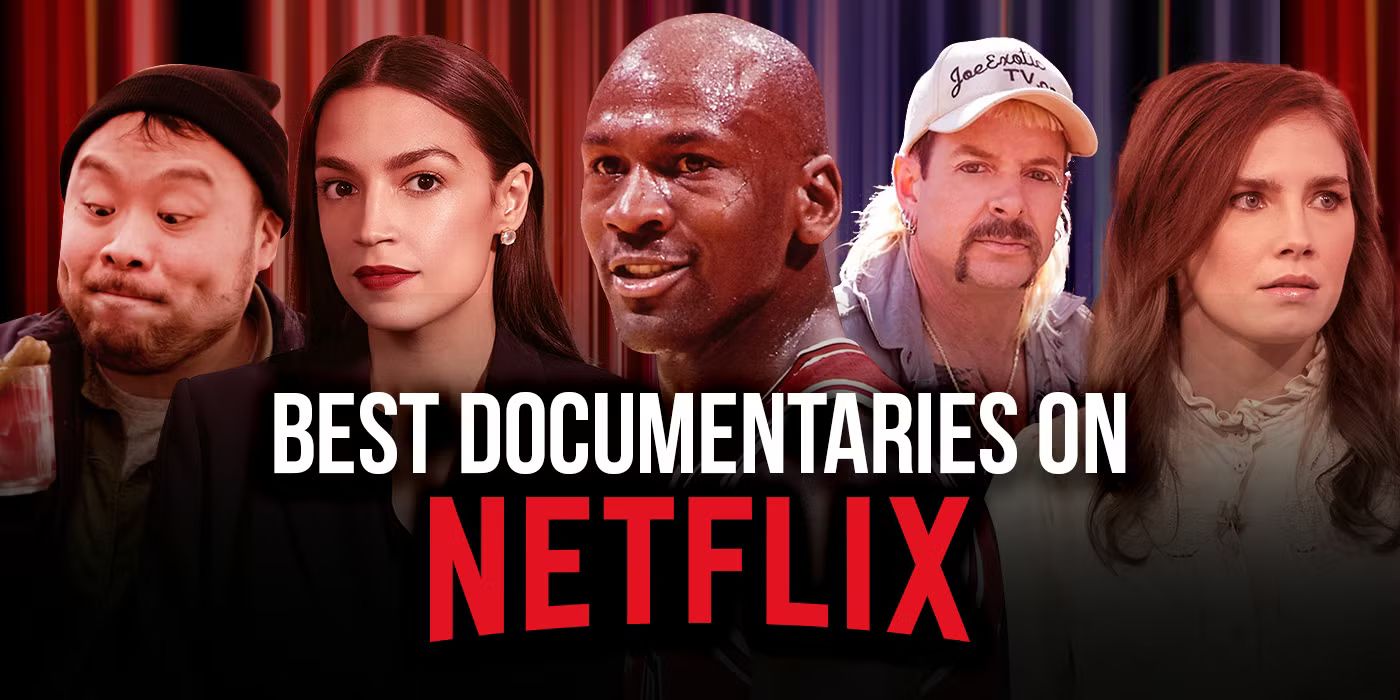
Documentaries have fundamentally transformed our viewing landscape, evolving from a niche interest into a powerful mainstream force, largely propelled by the accessibility offered by streaming platforms. While our attention is often captured by widely publicized true-crime sagas or epic historical series, a vast and vibrant ocean of equally compelling, and often profoundly more insightful, films remains largely unexplored. These are the narratives that possess the unique ability to challenge our ingrained perceptions, unearth forgotten histories, and illuminate the intricate tapestry of the human condition in ways you might never have anticipated, proving that the most resonant stories often lie just beneath the surface of popular culture.
As seasoned media editors deeply immersed in the nuances of pop culture, our continuous mission is to meticulously sift through the overwhelming digital noise, always in pursuit of those cinematic treasures that offer genuine depth and a lasting impact, moving far beyond superficial reviews. Our commitment extends beyond merely identifying new content to watch; it’s about curating deeply engaging experiences that genuinely expand your understanding of the complex world we inhabit. We hold a firm belief that some of the most eye-opening and transformative films are frequently underrated, often flying under the radar despite their powerful storytelling and their capacity to deliver truly profound messages that resonate across diverse audiences.
So, prepare to embark on an insightful journey with us, as we delve into the world of unheralded non-fiction cinema. This carefully selected list specifically spotlights documentaries that may not have achieved the widespread recognition of their more famous counterparts but unequivocally deliver highly compelling and profoundly worthwhile stories. If your goal is to be thoroughly informed, deeply moved, and genuinely inspired, these hidden gems are an absolute must-watch, promising fresh perspectives and crucial insights that will undoubtedly linger long after the final credits roll, offering a truly binge-worthy experience for the discerning viewer.
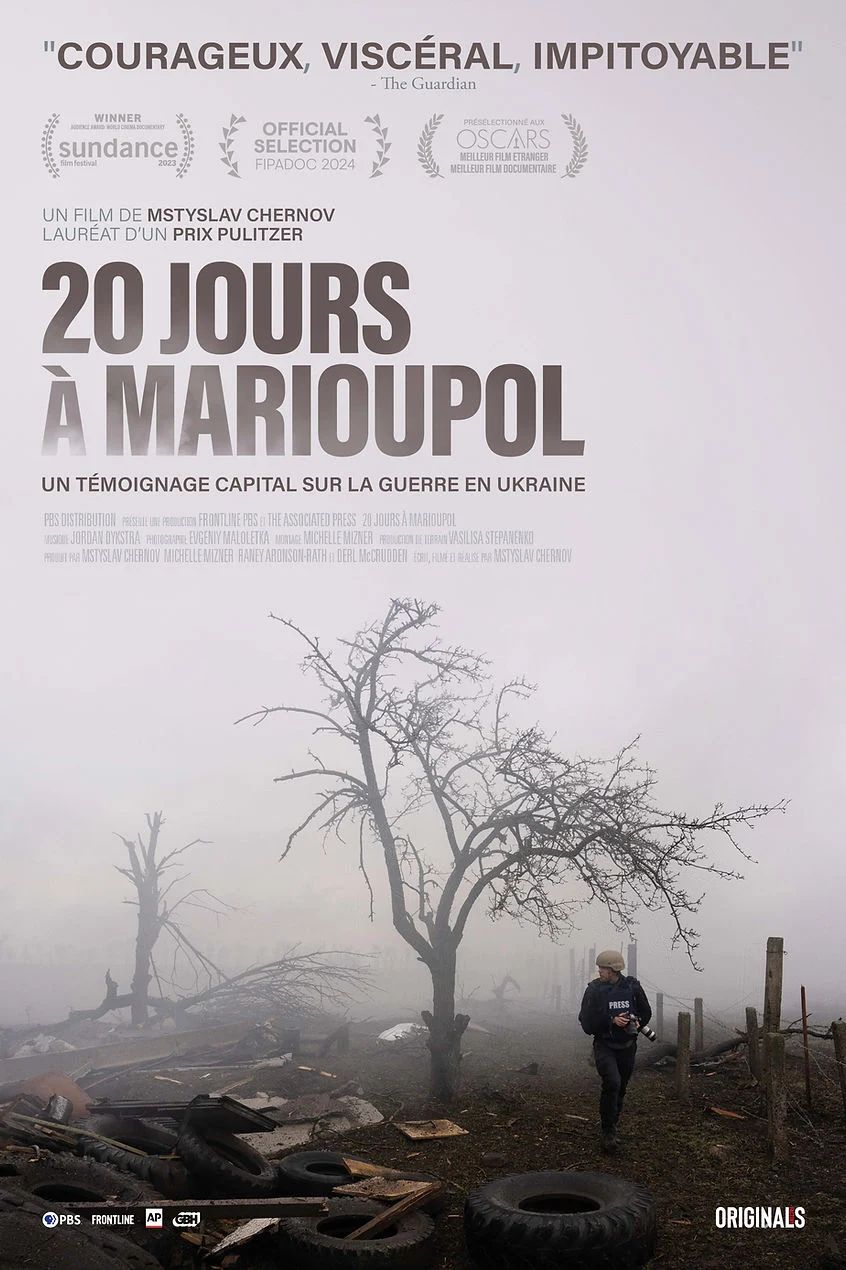
1. **20 Days in Mariupol**
“20 Days in Mariupol” delivers an unflinching and profoundly raw look at the brutal siege of the Ukrainian city, a harrowing event that captivated and horrified the world with its sheer devastation. The film plunges viewers directly into the chaotic and devastating heart of a conflict zone, providing a visceral and intensely immersive experience of the relentless war’s immediate and terrifying impact on innocent civilians. At its core, the documentary centers on the extraordinary courage and unwavering tenacity of local journalists, notably its director, Mstyslav Chernov, and his dedicated team, who continuously risked their very lives to meticulously document the horrors unfolding directly before their eyes, ensuring history would not forget.
Their unwavering commitment to capturing every moment of the chaos and widespread devastation wrought by the Russian invasion is nothing short of astounding, serving as a powerful testament to journalistic integrity under extreme duress. By centering its narrative on these brave frontline journalists, the documentary powerfully underscores the immense dangers they willingly face in their crucial, often life-threatening, mission to deliver unfiltered truth to a global audience. It’s a stark and necessary reminder of the profound sacrifices made by those who dedicate themselves to ensuring that the harsh realities of conflict are neither forgotten nor dismissed amidst the rapid and often desensitizing news cycle, thereby preserving a vital historical record.
While the ongoing war in Ukraine may, for many, have unfortunately transitioned into a more distant news item, this documentary forcefully brings its urgency and human cost back into sharp and painfully vivid focus. The powerful combination of incredibly visceral footage and deeply personal, agonizing testimonies adds an emotional weight that is simply impossible to ignore, demanding attention and empathy. This makes “20 Days in Mariupol” an absolutely essential watch for anyone seeking a deeper, more empathetic understanding of contemporary geopolitical struggles and the indomitable spirit of those who endure them against unimaginable odds.
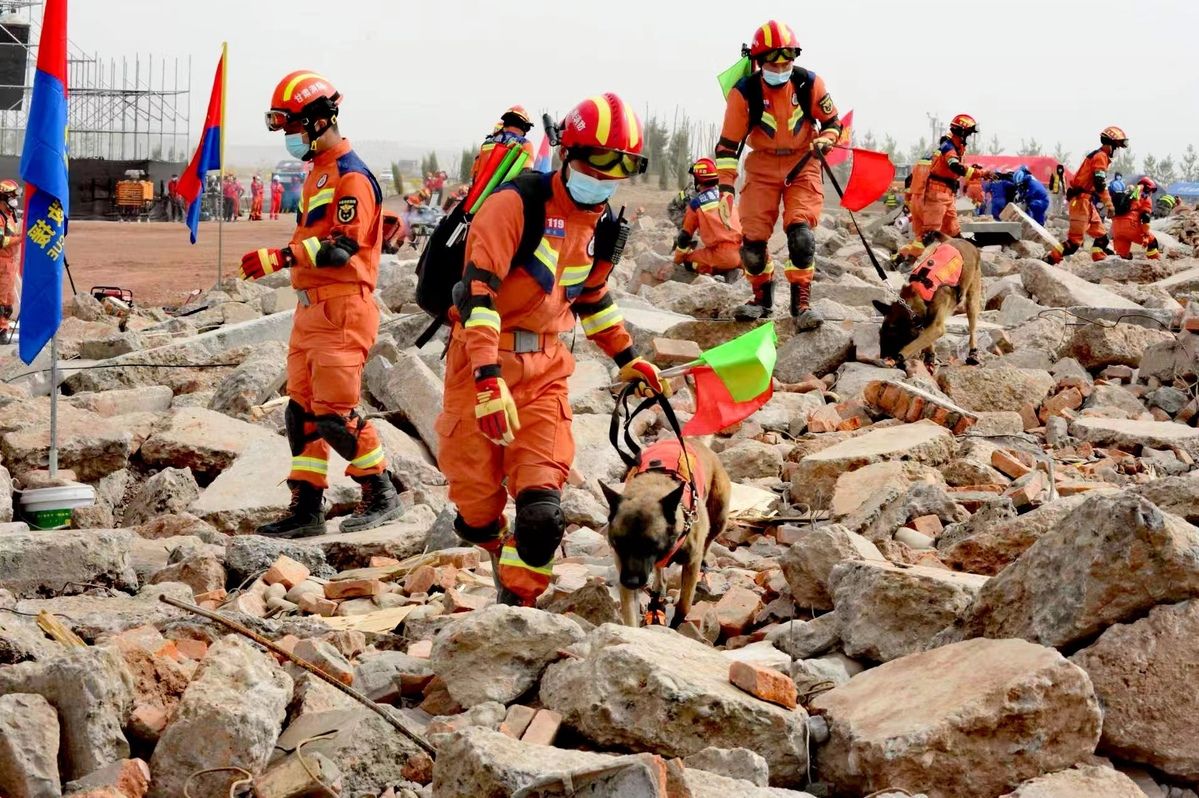
2. **The Rescue**
For anyone who finds themselves captivated by gripping, real-life survival stories, “The Rescue” stands out as an absolute must-see cinematic experience, a triumph of human spirit and global collaboration. This remarkable documentary meticulously chronicles the astonishing true events of the Tham Luang cave rescue, a globally televised ordeal where twelve young boys and their dedicated soccer coach became desperately trapped deep inside a labyrinthine, flooded cave system in Thailand. The film goes far beyond a simple recounting of the incident; it intricately details the monumental international effort that swiftly converged, bringing together diverse expertise and immense bravery from around the world, all united by the singular, urgent goal of saving the imperiled group against seemingly insurmountable challenges.
What truly elevates “The Rescue” and sets it apart is its masterful ability to powerfully capture the immense pressure and the palpable, life-threatening danger faced by every individual involved in the daring rescue mission. It vividly highlights the extraordinary bravery and the seamless, often miraculous, collaboration displayed by elite divers, ingenious engineers, and countless dedicated volunteers hailing from across the globe, painting an incredibly vivid picture of human ingenuity and unwavering resolve under the most extreme duress imaginable. The documentary also offers crucial, previously unseen insight into the highly technical challenges and the complex ethical dilemmas that rescuers consistently grappled with, adding profound layers of intellectual and emotional complexity to an already gripping and high-stakes narrative, revealing the true heroism behind the headlines.
Despite the significant and intense media attention that extensively surrounded the Tham Luang event as it unfolded in real-time, this documentary succeeds in providing fresh, compelling perspectives and revealing intimate, behind-the-scenes details that were largely unknown to the broader public, offering a true insider’s look. The cumulative result is a surprisingly profound and deeply emotional journey, transforming “The Rescue” from a mere historical recounting into a powerful testament to the unwavering resilience of the human spirit, the triumph of hope, and the incredible power of global solidarity when faced with overwhelming adversity. It’s a story that transcends its immediate context to become a universal narrative of courage, compassion, and collective determination.
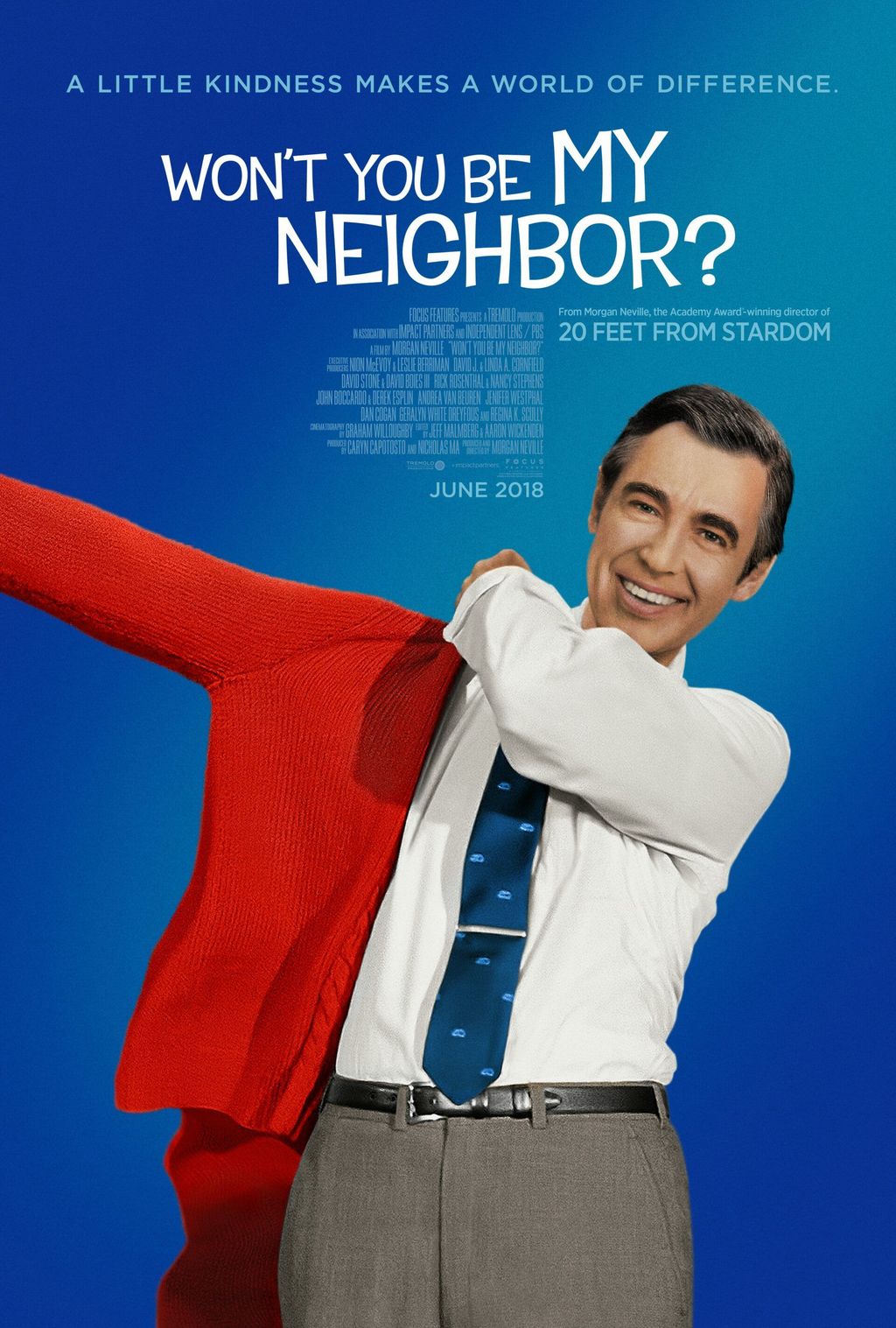
3. **Won’t You Be My Neighbor?**
Step into a world imbued with gentle wisdom and an unwavering, boundless kindness with “Won’t You Be My Neighbor?”, a truly heartwarming and profoundly touching documentary that lovingly celebrates the enduring life and remarkable legacy of Fred Rogers. As the universally beloved creator and iconic star of “Mister Rogers’ Neighborhood,” Fred Rogers possessed a unique ability to touch countless generations, and this film beautifully guides viewers through his singular, gentle, and deeply empathetic approach to children’s television. It focuses intently on his profound and lifelong mission: to tirelessly spread kindness, foster genuine understanding, and meticulously cultivate emotional intelligence in the impressionable minds of young viewers, thereby laying a foundational blueprint for a more compassionate and understanding future.
Through a rich and carefully assembled tapestry of candid interviews with his devoted family members and cherished colleagues, seamlessly interwoven with invaluable archival footage that captures his very essence, the documentary paints an incredibly touching, intimate, and authentically honest portrait of a man whose entire existence was dedicated to the noble pursuit of making the world a better, more compassionate, and truly inclusive place for children. His quiet yet profound impact, though often exerted with humility and without fanfare, was immense and far-reaching, subtly shaping the emotional and moral landscape of countless viewers who grew up with his calming presence and wise words. Despite his widespread fame and almost iconic status, Rogers steadfastly remained a humble, unassuming, and genuinely authentic figure, and this documentary wonderfully showcases that quiet, yet incredibly powerful, influence he wielded over decades, proving that true impact doesn’t always roar.
For the countless individuals who fondly recall growing up watching “Mister Rogers’ Neighborhood,” this film serves as an incredibly beautiful and poignant reminder of the indelible and lasting impact of his truly pioneering work. It stands as a powerful testament to the transformative power of empathy, the crucial importance of deliberate and gentle communication, and the profound value of simply being present and kind in a world that often rushes past such virtues. Ultimately, it offers a deeply comforting and profoundly inspiring viewing experience that resonates with remarkable depth and continued relevance in our often tumultuous and fragmented contemporary world, proving that genuine goodness never goes out of style and always finds its way back to the heart.
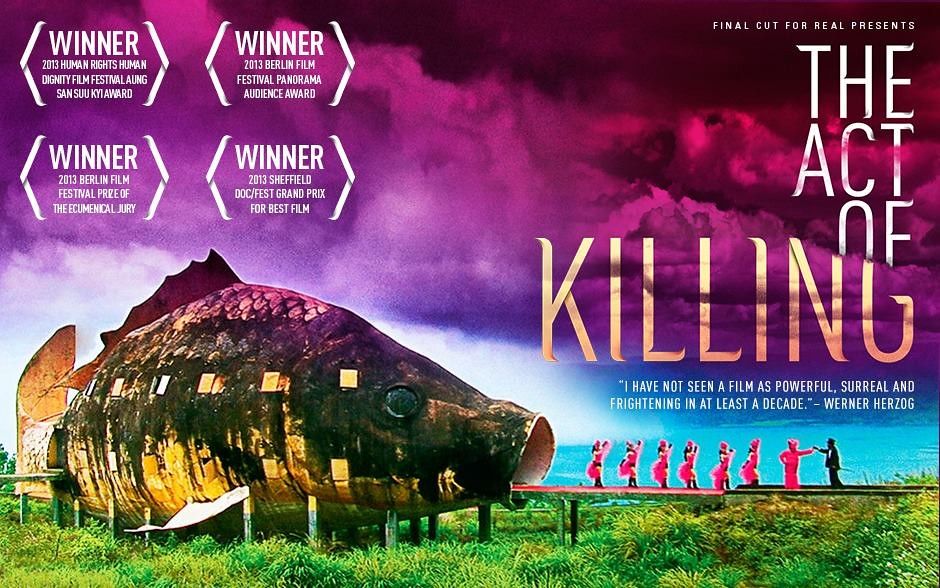
4. **The Act of Killing**
Prepare yourself for a documentary experience unlike any other with “The Act of Killing,” an incredibly unique and haunting film that boldly challenges the very traditional boundaries of the non-fiction genre, pushing the viewer into uncomfortable yet vital territory. This extraordinary cinematic piece focuses on former Indonesian death squad leaders as they are invited, under astonishing and unsettling circumstances, to chillingly reenact their horrific mass killings from the traumatic 1965–66 Indonesian genocide. What truly distinguishes this film and sets it apart in the annals of documentary filmmaking is its bizarre and deeply unsettling meta-approach: the actual perpetrators themselves are not merely interviewed in a conventional sense, but are actively encouraged to recreate their atrocities through the stylized lens of various popular film genres, ranging from lavish musicals to dramatic Westerns, and even gritty gangster films, creating a surreal and disturbing spectacle.
The surreal and almost unthinkable nature of these reenactments forces viewers into a profound, often uncomfortable, and deeply reflective grappling with the chilling banality of evil and the complex, frequently twisted, psychology that underlies these perpetrators’ actions, exposing the depths of human detachment. It’s a shocking, yet undeniably essential, watch for anyone interested in the intricate and often disturbing intersection of history, collective memory, and state-sponsored violence, offering a chilling and unforgettable glimpse into the unsettling human capacity for extreme detachment from unspeakable acts, and the ways societies can avoid confronting their past. The film brilliantly captures the killers’ bizarre, almost theatrical, and seemingly casual detachment from their heinous crimes, starkly revealing how deeply insidious propaganda and the pervasive, unchecked influence of state power can systematically contort and warp the very fabric of morality and truth.
This unsettling exploration extends to how narratives are meticulously constructed, selectively remembered, and, most disturbingly, even celebrated by those who committed truly unspeakable acts, ultimately making “The Act of Killing” a profoundly unforgettable and unsettling cinematic experience that forces difficult questions about accountability and historical truth. Its unique methodology offers an unparalleled, if disturbing, insight into the mechanisms of denial and glorification that can persist long after horrific events, challenging viewers to confront uncomfortable truths about human nature and political power, and the profound silence that often follows widespread atrocities.

5. **Icarus**
“Icarus” embarks on an initially unassuming journey that begins with a seemingly straightforward personal experiment, only to rapidly spiral into one of the most explosive and far-reaching scandals in the entire history of the Olympic Games, exposing systemic corruption at its core. Filmmaker Bryan Fogel’s initial intention was to explore the immediate impact of doping in competitive sports by personally engaging in a doping regimen for an amateur cycling competition, a seemingly contained journalistic endeavor. However, his innocent inquiry takes an astonishing and dangerous turn, transforming into an explosive exposé of Russia’s systemic, elaborate, and state-sponsored doping program, all thanks to an unexpected and highly consequential collaboration with the courageous whistleblower Grigory Rodchenkov, a relationship that changes everything.
The documentary masterfully and meticulously uncovers the intricate, multi-layered corruption that has deeply permeated the world of elite sports, shedding a stark, revealing light on just how extensive and deeply embedded state interference can truly be within seemingly fair competitions, blurring the lines between sport and statecraft. It develops into a gripping narrative that unfolds with all the suspense and intrigue of a real-life spy thriller, consistently keeping viewers on the absolute edge of their seats as Fogel and Rodchenkov bravely navigate a perilous and shadowy world of deceit, betrayal, and high-stakes political maneuvering. The film expertly demonstrates the extreme and shocking lengths to which entire countries are willing to go in their relentless pursuit of victory, utterly disregarding ethical boundaries, fair play, and the very spirit of sportsmanship.
Despite having garnered critical acclaim and earning the prestigious Academy Award for Best Documentary Feature, “Icarus” surprisingly continues to remain an underrated film within the broader public consciousness, often overshadowed by other narratives, which is a true oversight. However, it offers viewers an undeniably gripping and truly eye-opening look at the dark, insidious underbelly of competitive sports, forcefully compelling a re-evaluation of what we presume to know about integrity, fair play, and accountability at the absolute highest echelons of global competition. This is an absolutely vital watch not just for avid sports fans, but for anyone profoundly interested in the complex and often disturbing dynamics of power, deception, and the relentless pursuit of glory at any cost, a compelling narrative that holds powerful relevance today.
Having journeyed through some truly powerful and often-unseen narratives that reset our understanding of conflict, survival, empathy, historical injustice, and high-stakes deception, our expedition into the realm of underrated documentaries is far from over. The world of non-fiction cinema is remarkably vast, brimming with countless stories that deserve a moment in the spotlight, narratives that challenge, inform, and move us in profound ways. We continue our curated selection, shining a light on five more cinematic experiences that delve into diverse subjects, promising fresh perspectives and compelling storytelling that pushes far beyond the usual suspects you find crowding your streaming queues.

6. **One Child Nation**
“One Child Nation” delves into the far-reaching and often agonizing consequences of China’s infamous one-child policy, a governmental initiative that profoundly shaped the lives of millions for over three decades. Directed by Nanfu Wang, a filmmaker with an intensely personal connection to the policy, this documentary masterfully blends her own narrative with rigorous investigative journalism, unflinchingly exploring the profound human cost. It meticulously navigates interviews with a diverse array of individuals—from mothers who endured unimaginable choices to family planners and midwives who enforced the policy—all painting a grim, yet vital, picture of pervasive state control over reproductive rights and individual autonomy.
The film reveals the devastating emotional and psychological toll exacted by practices such as forced sterilizations, coerced abortions, and the heartbreaking abandonment of countless babies. Wang’s unique perspective, having grown up in China during this very era, infuses the narrative with an unparalleled layer of intimacy and authenticity, making the systemic issues feel profoundly personal and immediate. It’s an insightful and chilling reminder of the sacrifices demanded in the name of population control, a stark testament to the complexities of history and individual struggle.
Ultimately, “One Child Nation” stands as a deeply moving and critically important look at a policy with global ramifications, yet it remains surprisingly overlooked in many popular conversations about documentaries. Its unflinching honesty and courageous storytelling make it an absolutely essential watch for anyone seeking to understand the intricate and often painful intersections of personal freedom, state power, and historical memory, offering critical insights into a recent past that continues to resonate today.
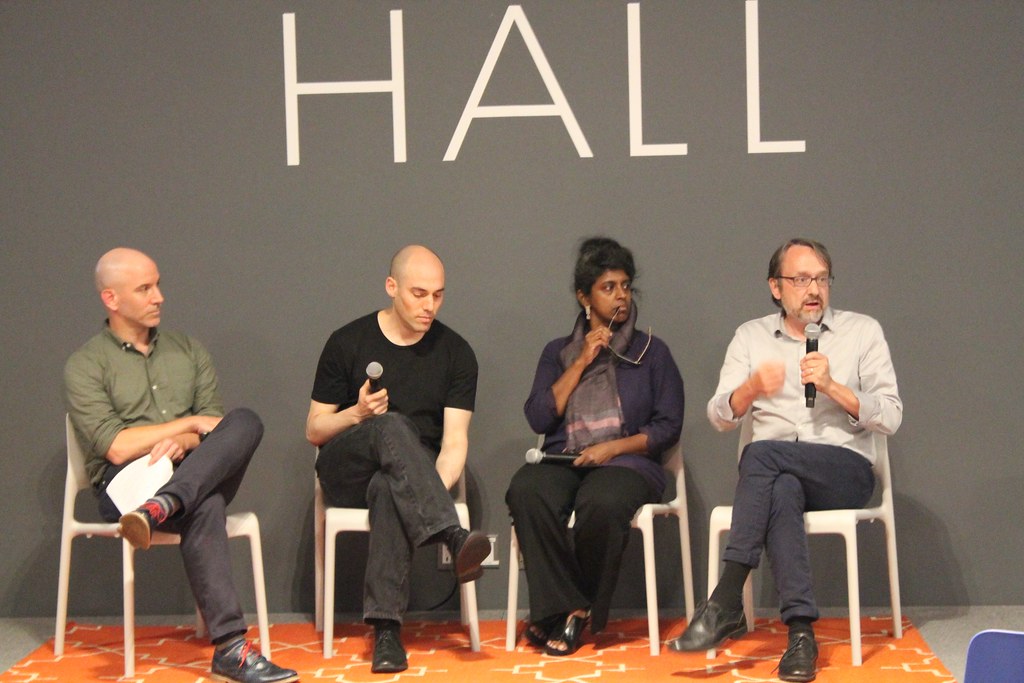
7. **The Look of Silence**
Serving as a haunting, yet equally vital, companion piece to the genre-bending “The Act of Killing,” “The Look of Silence” shifts the perspective from perpetrators to victims, offering a profoundly different, though no less impactful, cinematic experience. This powerful documentary follows Adi, a man whose brother was brutally murdered during the horrifying 1965–66 Indonesian genocide, as he bravely confronts the very men responsible for his family’s enduring pain. It’s an unflinching exploration of trauma, memory, and the elusive quest for reconciliation in the face of unspeakable historical atrocities.
What truly distinguishes this film and grants it such profound emotional weight is its quiet, almost meditative approach, which paradoxically amplifies the immense tension of the encounters. Adi, an optometrist, uses the pretext of examining the killers’ eyesight to engage them in intimate, subtly confrontational conversations, forcing them to confront their past actions and the lingering societal impact of their violence. This unique methodology creates a raw, uncomfortable intimacy, compelling viewers to grapple with the chilling question of how societies, both victims and perpetrators, contend with past horrors and the enduring legacy of violence across generations.
“The Look of Silence” is a masterclass in compassionate yet relentless inquiry, providing a vital lens through which to understand the psychological reverberations of mass violence and the complex paths towards acknowledging collective historical trauma. Its understated power and profound ethical questioning make it an essential, though often challenging, watch, offering unparalleled insights into the human capacity for denial, memory, and the slow, arduous process of seeking truth in the face of a violent past.
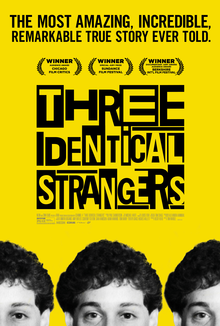
8. **Three Identical Strangers**
Prepare yourself for a true story so astonishing, it almost defies belief with “Three Identical Strangers,” a documentary that begins with a heartwarming reunion and spirals into a deeply unsettling investigation. The film initially captivates with the joyful, serendipitous discovery of three identical triplets who were separated at birth and adopted by different families, only to stumble upon each other by sheer chance as young adults. Their immediate bond and shared mannerisms seem to underscore the powerful pull of nature, promising a feel-good narrative of familial destiny.
However, the documentary swiftly takes a darker, more complex turn, meticulously delving into the mysterious and ethically dubious circumstances that led to their separation. What unfolds is the shocking revelation of a secret psychological study, a clandestine experiment that intentionally used the brothers as unwitting subjects to explore the age-old nature versus nurture debate. This pivotal twist transforms the film from a celebration of reunion into a chilling exposé, probing the very boundaries of scientific ethics and the profound, often devastating, consequences of such academic pursuits on human lives.
Through intimate interviews with the triplets themselves and their respective families, “Three Identical Strangers” forces critical questions about the morality of scientific experimentation and the long-term, irreversible effects of separating siblings for research purposes. It’s a compelling, emotionally resonant, and profoundly thought-provoking film that not only tells an incredible true story but also serves as a stark cautionary tale, urging us to consider the human cost hidden beneath the veneer of scientific inquiry.

9. **The Central Park Five**
Ken Burns, Sarah Burns, and David McMahon’s “The Central Park Five” delivers a harrowing and utterly essential account of one of America’s most infamous miscarriages of justice, chronicling the wrongful conviction of five Black and Latino teenagers for the brutal rape of a jogger in Central Park in 1989. The documentary meticulously deconstructs the sensational media frenzy and the pervasive racial bias that contaminated the investigation and trial, ultimately leading to the boys’ unjust imprisonment. It’s a powerful indictment of a system that prioritized narrative over truth.
The film paints a damning portrait of a criminal justice apparatus that catastrophically failed to protect the innocent, instead succumbing to public pressure and prejudice. Through deeply moving interviews with the now-grown men, their resilient families, and astute legal experts involved in their eventual exoneration, the documentary illuminates the long, agonizing years they spent incarcerated for a crime they did not commit, highlighting the enduring scar such an experience leaves on lives and communities.
Despite receiving significant critical acclaim upon its release, “The Central Park Five” arguably remains an underrated work, especially given its enduring and painful relevance to ongoing conversations about systemic racism and judicial inequity in America. It offers a necessary and poignant reflection on the persistent fight for justice, serving as a powerful and timeless reminder of the fragility of truth in the face of collective hysteria and institutional bias, making it a truly indispensable watch.

10. **Metal: A Headbanger’s Journey**
For anyone who’s ever wondered about the cultural tapestry woven by heavy metal music, Sam Dunn’s 2006 documentary “Metal: A Headbanger’s Journey” is an absolute revelation. Written, directed, and produced by Dunn, himself a lifelong metalhead with a background in anthropology, the film embarks on a fascinating quest to explore the genre through a unique anthropological lens. His goal is to dissect the cultural and social characteristics of the global metalhead community, tracing the genre’s complex evolution from its pioneering roots with bands like Black Sabbath in the 1970s through the diverse subgenres that flourished into the early 2000s.
Dunn’s approach is incredibly effective, allowing him to probe the vast web of metal subgenres and obscure niches with insightful curiosity. He enlists a veritable who’s who of metal royalty for interviews, featuring legends such as Ronnie James Dio, Tony Iommi, and Bruce Dickinson, whose perspectives enrich the film’s narrative. One of the documentary’s most compelling segments delves into the unsettling connections between musicians playing extreme black metal in Norway and the infamous series of church burnings that gripped the nation in the early 1990s, offering a glimpse into the darker, more controversial fringes of the scene.
While “Metal: A Headbanger’s Journey” notably won a 2007 Gemini award for “Best Writing in a Documentary Program or Series” and boasts impressive Rotten Tomatoes scores (90% critics, 91% audience), it has surprisingly managed to largely escape mainstream attention. This is a true oversight for a film that offers such a meticulously crafted and engaging exploration of a significant cultural phenomenon. If you’re a fan of heavy metal or simply curious about the vibrant and often misunderstood world it inhabits, this documentary is undeniably a must-watch, promising an educational and thoroughly headbanging experience.
These ten documentaries, each a testament to the power of non-fiction storytelling, collectively offer a viewing experience unlike any other. They serve as poignant reminders that the most compelling stories often reside just beyond the mainstream radar, patiently waiting to be discovered by discerning viewers like you. From deeply personal journeys to sweeping investigations of systemic issues, these films transcend mere entertainment, becoming vital tools for understanding our complex world. So, consider your watch list officially refreshed; these cinematic revelations are poised to inform, provoke, and inspire, proving that the most profound insights are often found off the beaten path, waiting for your binge-watching pleasure.



